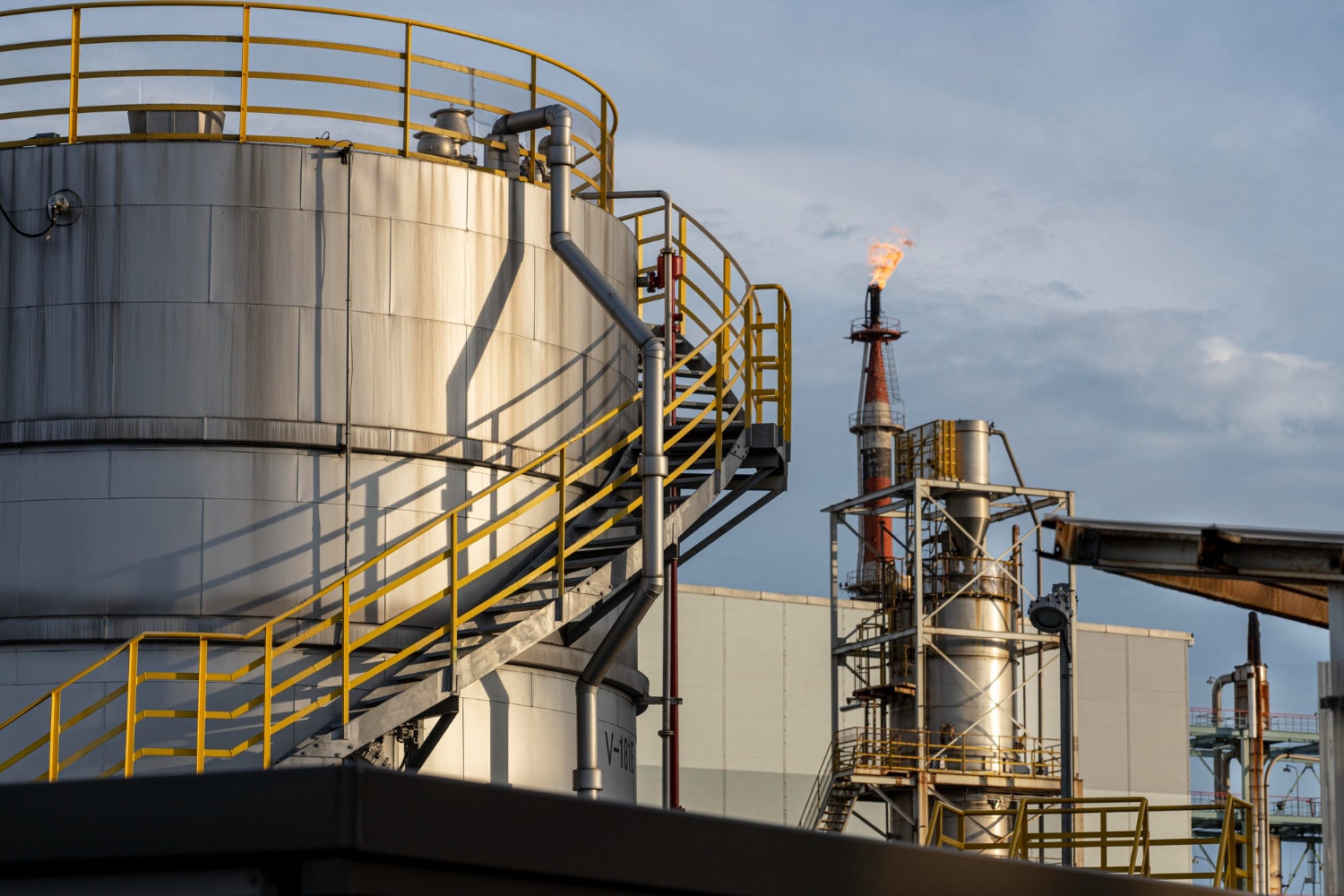In certain areas, exposure to natural sources of radiation consisting of naturally occurring radioactive materials (NORM materials) may be relevant. This is regulated by Royal Decree 1029/2022 and the Nuclear Safety Council Instruction IS-33.
PROINSA provides radiological protection services for NORM materials in order to determine whether there is a significant exposure of employees or members of the public from the point of view of radiological protection and, if so, to intervene, guaranteeing our top priority: the protection of people and respect for the environment.
The presence of Radon gas in certain areas may also constitute a relevant source of radiation, which is regulated by Royal Decree 1029/2022 and Instruction IS-33 of the Nuclear Safety Council. PROINSA provides radiological protection services against exposure to Radon gas in order to determine whether there is a significant exposure of employees or members of the public, from the point of view of radiological protection and, if so, to intervene, guaranteeing our top priority: the protection of people and respect for the environment.
Places of exposure to RADON

